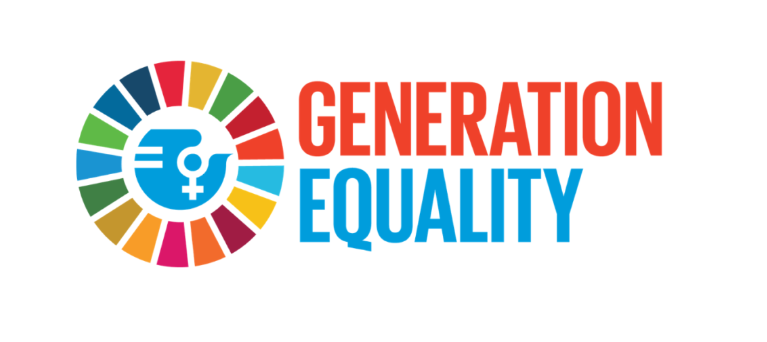The world is facing an unprecedented set of challenges that threaten progress for girls’ and women’s rights, not least the spread of COVID-19.
Two weeks ago, the UN indefinitely postponed the full program of the two-week 64th Commission on the Status of Women (CSW) — the world’s largest and most influential women’s rights conference — and held a scaled-down one-day meeting with UN Member States on 9 March adopting a pre-negotiated Political Declaration.
The cancellation of CSW is an enormous disappointment for the over 12,000 civil society advocates — including Data2X — who planned to attend. This year is a particularly critical year for advancing gender data to achieve gender equality, as it is the 25th anniversary of the Beijing Declaration and Platform for Action, which the CSW reviews every five years.
Adopted by 189 governments in 1995 at the Fourth World Conference on Women, this Platform remains the most progressive and comprehensive global agenda for women’s rights. And in 2020, achieving this agenda remains elusive; no country has achieved gender equality or the gender data necessary to make it a reality.
The cancellation of CSW was an important leadership decision amid concerns around the COVID-19 crisis.
However, in an environment where work to advance women’s rights already faces backlash and a shrinking of space, we must find new ways for the conversations, policy debates, and the organizing that takes place at CSW to continue.
We can’t postpone gender equality
With COVID-19 generating uncertainty around large gatherings, the question facing Data2X and many of our partners is: how can we continue to advocate for change? And where are the new platforms and strategies to continue our conversations around advocacy?
One way to continue these conversations is to move from in-person spaces to virtual ones.
For example, in place of our now-canceled event at CSW, Data2X is hosting a webinar on March 24th to share and discuss the findings from our newest report, Mapping Gender Data Gaps: An SDG Era Update, which provides a status update on gender data gaps across economic opportunities, education, environment, health, human security, and public participation. Our report underlines that missing, incomplete, and biased data continue to constrain our understanding of these aspects of gender equality.
Generation Equality Forum
Another way to drive the gender equality conversation and push governments to uphold the commitments they made 25 years ago is to get involved in planning for the Generation Equality Forum.

The Forum is a civil society-led global gathering to be convened by UN Women and co-hosted by the Governments of Mexico and France. The Forum will launch six Action Coalitions — multi-stakeholder partnerships to mobilize governments, civil society, international organizations, and the private sector to invest new funds and set and deliver concrete, game-changing results in the next 5 years.
The six Action Coalitions are: gender-based violence; economic justice and rights; bodily autonomy and sexual and reproductive health and rights (SRHR); feminist action for climate justice; technology and innovation for gender equality and; feminist movements and leadership. You can read more here on how to get involved.
As we look ahead to the Generation Equality Forum and prepare to carry out the goals of our work in new ways, we will continue to work with our partners and allies to mobilize for new, bigger, and bolder commitments to gender data and gender equality, in 2020 and beyond.
